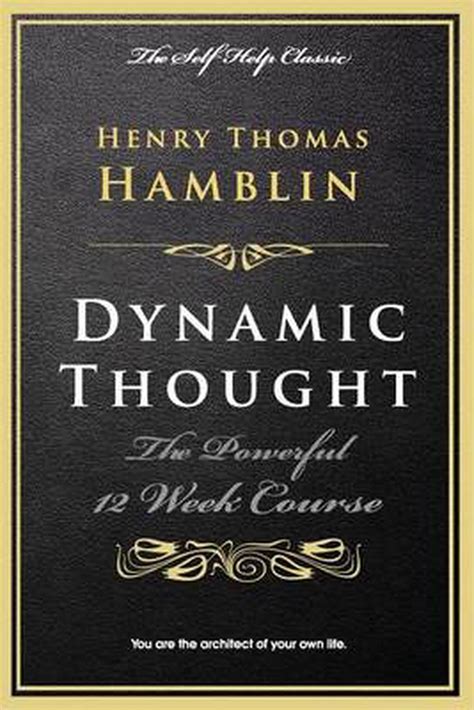A Quote by Pythagoras
There is a good principle which created order, light, and man, and an evil principle which created chaos, darkness, and woman.
Related Quotes
There's a stronger and more kind of controversial element of Plotinus' view of matter, which is that he actually identifies it with evil, or at least the principle of evil, and the reason for this is that he thinks that the the One, the highest principle, can also be thought of as the Good, and that's kind of surprising like, because he has this negative theology which doesn't allow us to say anything about the One. But he believes that it can be seen as the principle of goodness as well as unity, and that if you think about it, goodness and unity sort of go along with each other.
My primary object is to defend and advance a principle in which I see the only possible relief from much that enthralls and degrades and distorts, turning light to darkness and good to evil, rather than to gage a philosopher or weigh a philosophy. Yet the examination I propose must lead to a decisive judgment upon both.
We stand on no high moral plateau in our time. We are, in fact, plumbing depths of depravity unknown to our ancestors--and whatever may have been the evil in which they engaged, at least they were willing to acknowledge the principle by which their evil was condemned. We have even turned our back on the principle.
Evil does not exist sir, or at least it does not exist unto itself. Evil is simply the absence of God. It is just like darkness and cold, a word that man has created to describe the absence of God. God did not create evil. Evil is not like faith, or love that exist just as does light and heat. Evil is the result of what happens when man does not have God's love present in his heart. It's like the cold that comes when there is no heat or the darkness that comes when there is no light.
For creation is not a change, but that dependence of the created existence on the principle from which it is instituted, and thus is of the genus of relation; whence nothing prohibits it
being in the created as in the subject. Creation is thus said to be a kind of change, according to the way of understanding, insofar as our intellect accepts one and the same thing as not
existing before and afterwards existing.
The State which we have founded must possess the four cardinal virtues of wisdom, courage, discipline and justice ... Justice is the principle which has in fact been followed throughout, the principle of one man one job, of minding one s own business , in the sense of doing the job for which one is naturally fitted and not interfering with other people.
Orderliness by itself is not sufficient to account for the nature of organized systems in general or for those created by man in particular. Mere orderliness leads to increasing impoverishment and finally to the lowest possible level of structure, no longer clearly distinguishable from chaos, which is the absence of order. A counterprinciple is needed, to which orderliness is secondary. It must supply what is to be ordered.






































